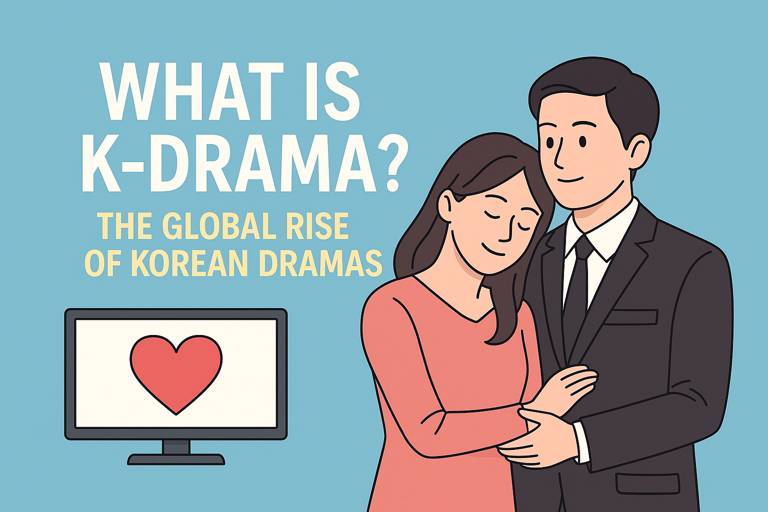Introduction: K-Dramas Going Global
Korean dramas have grown from domestic entertainment to a global cultural phenomenon. Streaming platforms like Netflix and Disney+ are gaining popularity. Viewers across continents are now discovering the depth of K-dramas. They appreciate the emotional resonance. Among them, Crash Landing on You stood out as a record-breaking hit. This drama originally aired in South Korea in 2019. It captivated audiences worldwide, from Asia to Europe. The series also reached the Americas and the Middle East.
What made Crash Landing on You such a powerful global success? Let’s explore five key factors.
1. A Bold, Unique Premise: Love Across Borders
The story centers on a South Korean heiress. She accidentally lands in North Korea. She falls in love with a North Korean soldier. This sensitive yet imaginative setup created an instant hook. The North-South Korean divide is often seen through political or journalistic lenses. However, the show humanized both sides through emotional storytelling. International viewers found the concept fresh, while Korean audiences appreciated the realism woven into the fantasy.
2. Global Accessibility via Netflix
Crash Landing on You was made available on Netflix, which played a massive role in its success. With subtitles in English, Spanish, French, and many other languages, the show was accessible to a wide range of viewers. The international fanbase appreciated how easy it was to engage with the story, regardless of cultural background or language. Netflix’s recommendation algorithm also helped the drama go viral across regions.
3. Perfect Chemistry: Hyun Bin and Son Ye-jin
Casting was crucial. Hyun Bin and Son Ye-jin delivered exceptional performances, with chemistry so compelling it transcended language barriers. Their nuanced acting brought the characters’ emotions to life. When their real-life romance became public, fans were even more invested, reinforcing the emotional connection to the show.
4. Rich Cultural Details That Spark Curiosity
One standout feature of the drama was its attention to detail — especially the portrayal of life in North Korea. From dialects to food habits, Crash Landing on You introduced foreign audiences to unfamiliar but fascinating aspects of Korean culture. Viewers often commented that the show helped them understand the Korean Peninsula better, not just politically but culturally and socially.
5. Storytelling That Balances Humor, Romance, and Depth
While the show delivered classic romantic tropes, it also included sharp humor, suspenseful moments, and heartfelt drama. The narrative balance kept the pacing tight and the engagement high. It wasn’t just a love story — it was a tale of resilience, loyalty, identity, and hope. That emotional versatility made it appealing to both casual viewers and seasoned drama lovers.
Conclusion: Crash Landing on You as a Blueprint for K-Drama Success
Crash Landing on You is more than just a hit drama. It serves as a case study in how Korean storytelling can resonate globally. Its success highlights the importance of emotional authenticity, strong production values, and cultural storytelling. As K-dramas continue to rise, this show stands as proof that even local stories can find universal appeal.
Whether you’re a longtime fan or new to Korean entertainment, Crash Landing on You is a must-watch. It offers more than just romance. It provides cultural significance and has a significant impact on global Hallyu trends.

답글 남기기